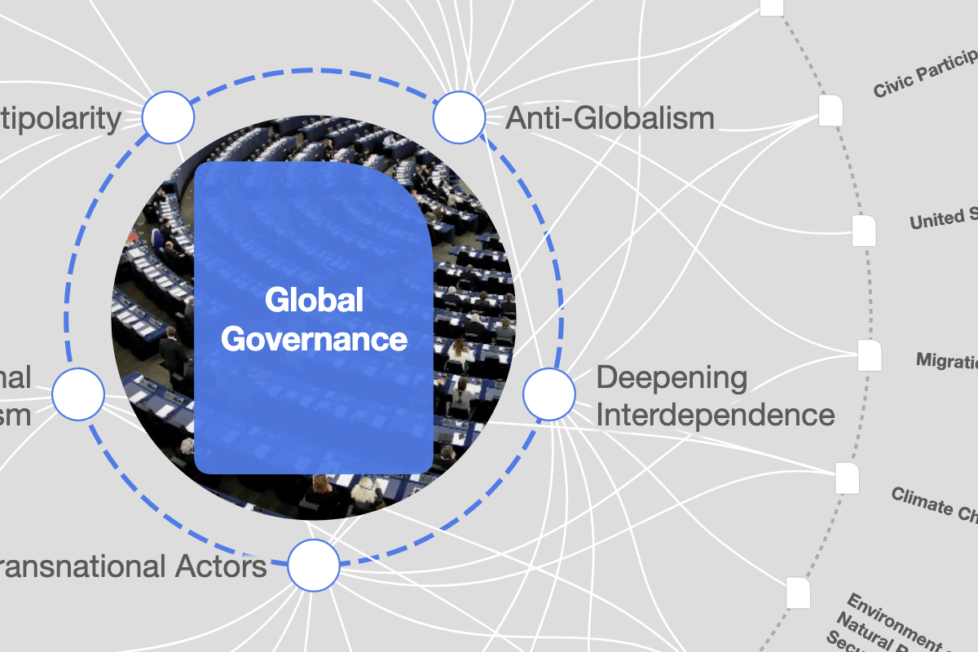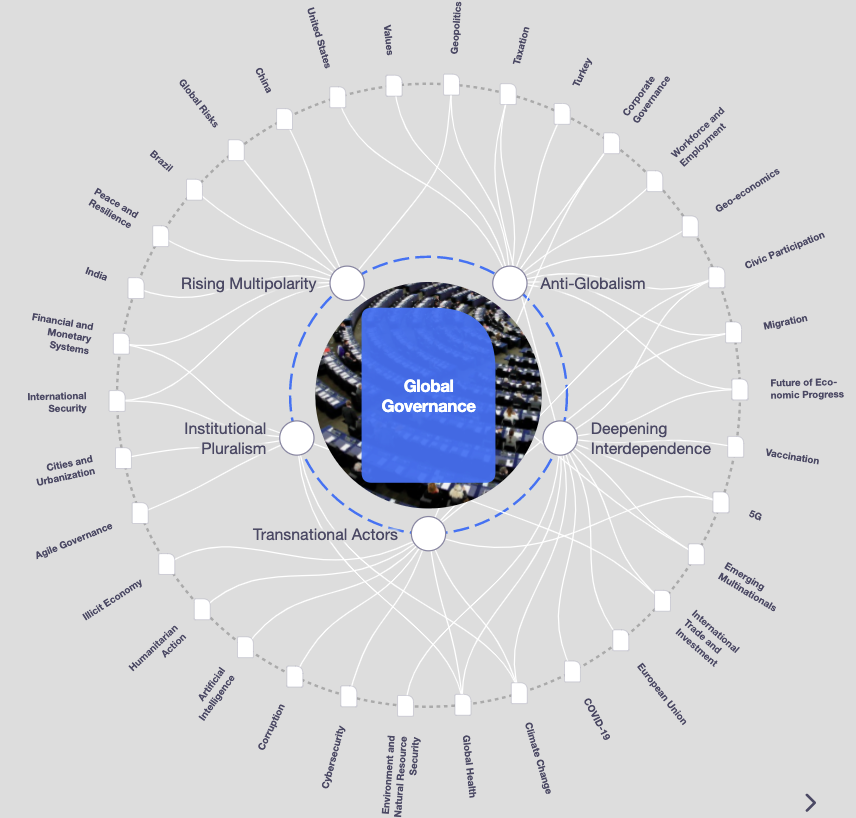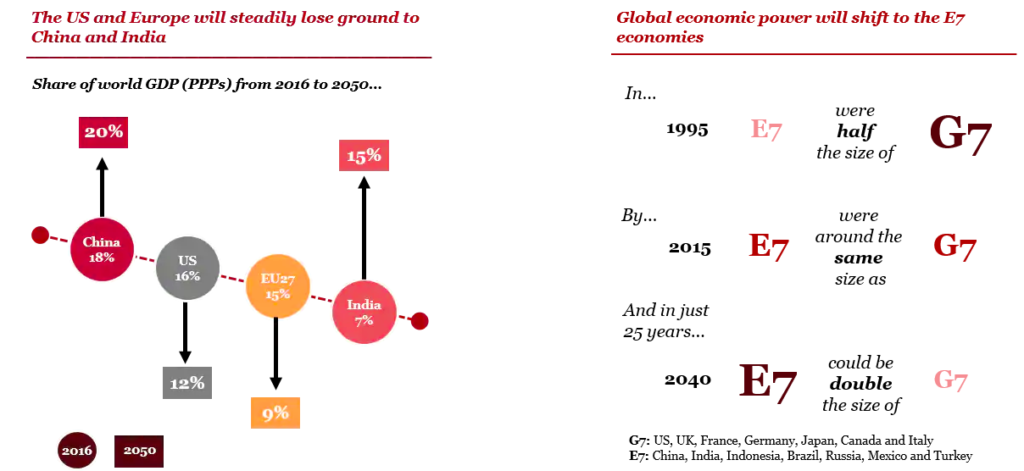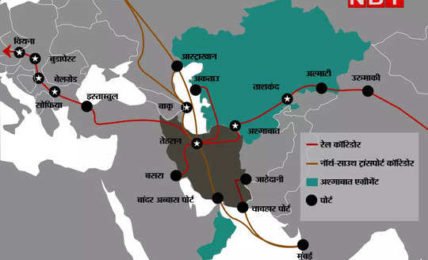Trends of Global Politics – A Russian View
A succinct description of the themes of global power dynamics come from the official Russian Foreign Policy Document. The current one, issued in 2017 is a long read but presents a good overview of how the world is going to be.






